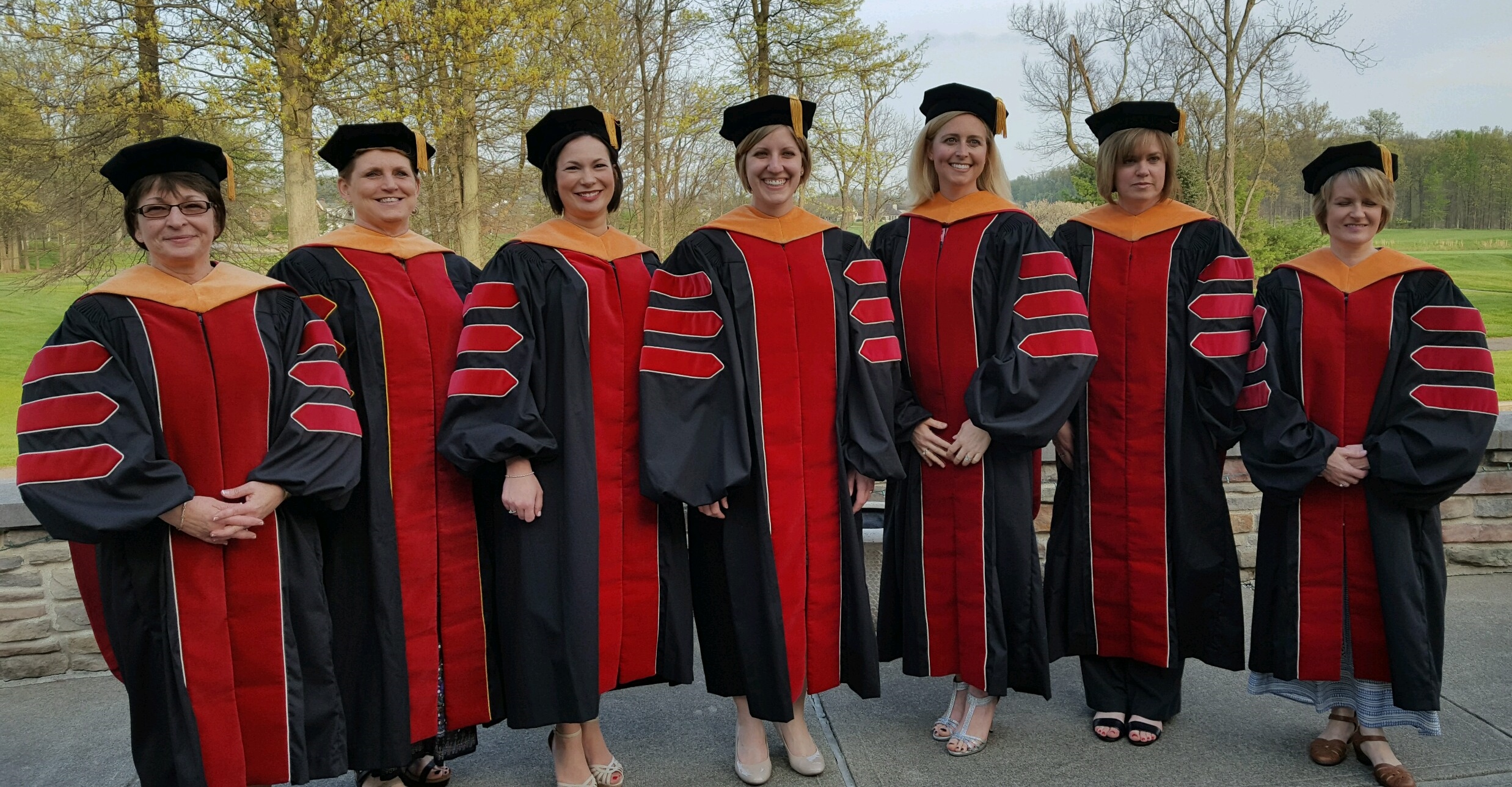Date of Award
4-27-2019
Document Type
Thesis
Degree Name
Doctor of Nursing Practice (DNP)
Department
Nursing
Advisor
Dr. John Chovan, Ph.D.
First Committee Member
Dr. Karen Hughes, Ph.D.
Second Committee Member
Dr. Kay Ball, Ph.D.
Third Committee Member
Dr. Judith Bartley, Ph.D.
Keywords
Evidence-Based Nursing, Nurse Residency Program, Teaching Method
Subject Categories
Medicine and Health Sciences | Nursing
Abstract
Evidence-based practice (EBP) implementation in healthcare has been associated with improved patient outcome, reduction of costs, and increases in nursing job satisfaction (Melnyk & Fineout-Overholt, 2015); however, a lack of implementation remains (Melynk, Fine-out Overholt, Gallaher-Ford & Kaplan, 2012). Although EBP training is effective in improving nurses’ knowledge of and attitudes toward EBP, such training does not consistently result in behavior change (Jackson, 2016; Black, Balneaves, Garossino, Puyat & Qian, 2015). The results of previous studies support the role of self-efficacy in the promotion of EBP implementation (Blackman & Giles, 2017; Ryan, 2016). The Institute of Medicine’s Initiative on the Future of Nursing (2010) recommended that nurse residency programs be implemented to improve retention of new graduates, and to increase the implementation of EBP; as a result, training in EBP skills is recommended for inclusion in nurse residency programs (Pittman & Herrera, 2013). The purpose of this study is to examine how EBP training provided to nurse residents affects their EBP self-efficacy and outcome expectancy. Convenience samples of nurse residents in two acute care hospital residency programs were surveyed using Chang and Crowe’s (2011) instrument which measures self-efficacy and outcome expectancy of EBP (Cronbach’s α =0.96). The total self-efficacy (SE) scores for the paired surveys group mean increased from 156.94 to 158.53 and a paired t-test showed the difference was not significant. The total outcome expectancy (OE) scores decreased from 51.58 pre-survey to 47.94 post survey and a paired t-test indicated the change was significant (p<.05). Consistent with the influence of the sources of SE (Bandura, 1977), a repeat measure of the SE and OE for the nurse residents at the end of residency after completion of the EBP project may result in positive differences in SE scores because of the influence of the four sources of efficacy.
Recommended Citation
Smith, Amy L., "Evidence-Based Practice Self-Efficacy and Outcome Expectancy in the Nurse Resident" (2019). Doctor of Nursing Practice Scholarly Projects. 40.
https://digitalcommons.otterbein.edu/stu_doc/40

